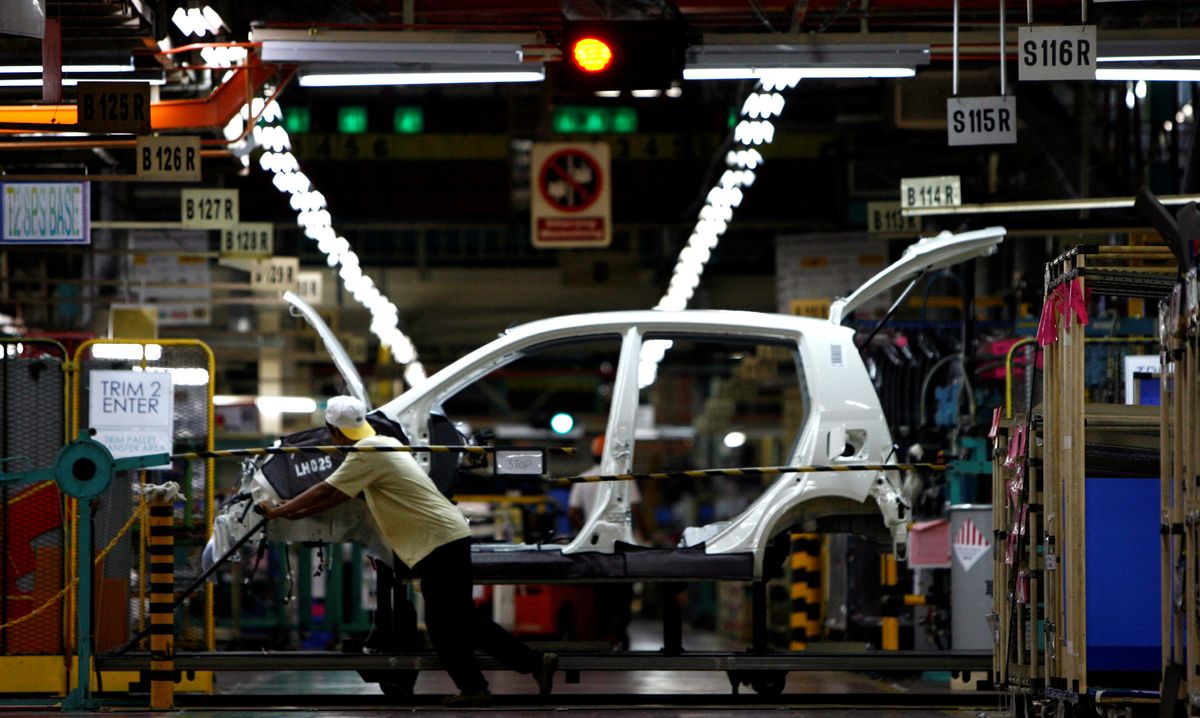Repairs and maintenance pose challenges for EV owners
It turns out there’s a global shortage of mechanics and technicians and independent repair shops qualified to work on electric cars.

A few minutes every morning is all you need.
Stay up to date on the world's Headlines and Human Stories. It's fun, it's factual, it's fluff-free.
Electric vehicles (EVs) are becoming more and more popular (especially in China, Europe and the US), and people are embracing the benefits of driving them. They’re typically more efficient, require lower energy-related costs, are a greener option (because electricity usually comes from a range of sources – from fossil fuels to green energy) and have long-lasting batteries. But there are still some kinks that need to be worked out in the EV industry, with disadvantages like the high cost of replacing the EV battery, issues finding EV charging stations and problems with towing.
Another con with EV ownership is maintenance and repair. It turns out there’s a global shortage of mechanics and technicians and independent repair shops qualified to work on electric cars. This problem is becoming more obvious as the number of EVs on the road grows. Without a dependable number of EV technicians, repair and warranty costs could end up on the rise, with drivers footing the bill.
Internal combustion vehicles (i.e., gas-powered cars) have been around forever, and there’s an established infrastructure for maintaining them. But, with EVs only really taking off within the past decade or so (and only rising in popularity in the past five), technician education and experience just haven’t caught up yet.
"What's holding a lot of independents back is fear of the unknown," says Mark Darvill, managing director at Hillclimb Garage in High Wycombe, England. His shop has embraced EV work, which he says makes up about 15% of the car maintenance and repairs they do.
Even Tesla’s own service centers have been under-delivering – mostly because they just don’t have the capacity to keep up with demand since independent repair shops don’t really deal with EVs.
Car repairs and maintenance are necessary for staying safe on the road, but if maintenance isn’t accessible, then what are drivers really supposed to do?
“That’s always the concern … that if the work is there, and there aren’t the people to do it, then certain people will take a risk – and it genuinely is a risk,” Steve Nash, the CEO of the Institute of Modern Industry, told CNBC. “Some of these vehicles are operating on anything up to sort of 800 volts of direct current … I mean, you don’t need anything like that to be lethal, of course.”




Comments ()